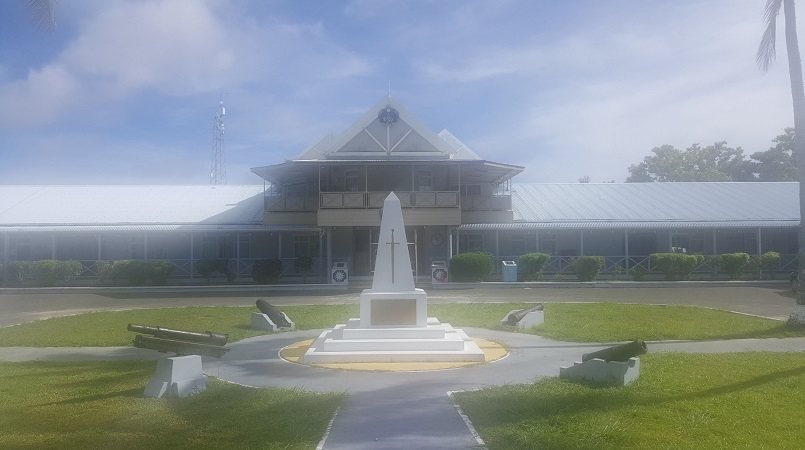
The national anti-corruption workshop moderated by the UN Pacific Region Anti-Corruption Project (UN-PRAC) and organised by the Department of Justice and Border Control has wrapped up, with participants labelling it a great success.
The workshop was opened last week by Acting President and Minister for Justice and Border Control David Adeang, who said it was timely for the country, which is being reviewed as part of the second cycle of UNCAC peer-review process.
The country review is being conducted by Nepal and Burundi with the support of the UNODC and will commence this Thursday.
In his opening address, Mr Adeang explained that while Nauru is a small nation, “[we are] committed to a fair, just and prosperous existence for [our] people”.
“As part of Nauru’s commitment to combating money laundering and the financing of terrorism, Nauru has implemented a comprehensive AML/CFT regime which in part has resulted in Nauru attracting a reputable bank…to provide financial services,” he said.
“As you know, Nauru had previously been without a functioning bank for over 15 years post the financial crisis and OECD non-compliant listing, from which Nauru has since been removed.”
The workshop was attended by representatives across many government departments including Justice and Border Control, Finance, and the Financial Intelligence Unit, as well as law enforcement.
Nauru became the 189th member of the World Bank and International Monetary Fund (IMF) and joined the International Centre for Settlement of Investment Disputes in April 2016.
It signed and ratified the Multilateral Convention for Exchange of Information of the OECD for transparency in tax and MCAA for Automatic Exchange of Financial Account Information in June 2016.
In January 2017, the first Article IV inspection by the IMF was successfully undertaken and in conjunction with the Asian Development Band conducted a State Owned Enterprise review.
Recognising that the fight against corruption is an effort that needs to evolve and grow, participants who attended were confident that the workshop played an important part in helping outline the next steps Nauru needs to take for reducing corruption risks.
